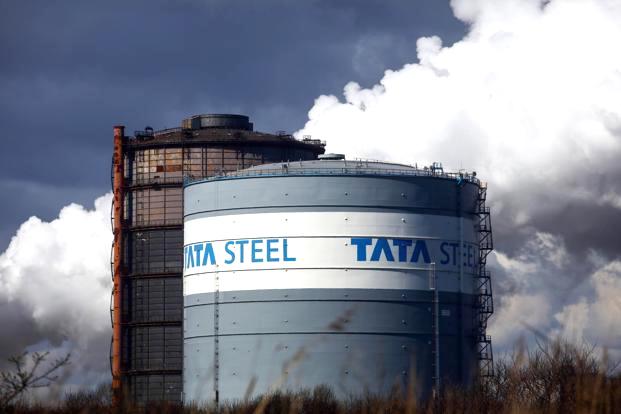Tata Steel Europe will implement a fixed Eur12/mt carbon surcharge on all new steel contracts across Europe, with the plans introduced late last week, a company spokesman confirmed S&P Global Platts April 12.
The initiative is novel for the European steel market, as more market-leading mills strive toward efficient and greener means of steel production, with Tata Steel pledging to reduce its own carbon emissions by 40% by 2030, and to zero by 2050.
Tata Steel Europe’s emissions per tonne of crude steel tallied 1.98 in 2019-20, data from the company’s annual report showed, with the current cost of emission credits nearing the new Eur12/mt surcharge.
The fee will essentially pass on the cost of carbon emissions allowances to the buyer at a time when European HRC prices have reached record highs, exceeding Eur900/mt ex-works Ruhr, an increase of Eur450/mt since the previous year.
The decision comes at a time when sellers’ have had the upper hand, and buyers having little choice but to accept the additional charge due to the limited opportunities for buying material.
“The money [from the surcharge] will flow back into the steel industry to create a less polluted environment,” a European mill source said, adding, “the pushback is always there from customers, but they have a choice – you buy steel or you don’t buy steel. We are in a sellers’ market, because of limited availability, people are willing to buy it.”
The spokesman said the increasing shortages and rising prices of emission rights suggests there is a need for steel producers to adjust to the growing costs in production.
“In order to ensure a sustainable EU and UK-based steel industry for the future, we need to pass these costs on,” he told Platts.
Other European steel producers are expected to adopt similar surcharges, with discussions ongoing among mills.
“This is something the market is looking into. Emissions allowances are increasing – and the cost to produce is more for hot-dipped galvanized steel,” a second European mill source said. “We’d like to introduce this surcharge. I thought ArcelorMittal would start this, I did not expect this from Tata Steel Europe, which is a much smaller player.”
— Amanda Flint






